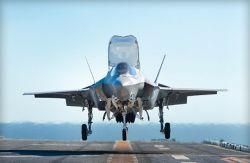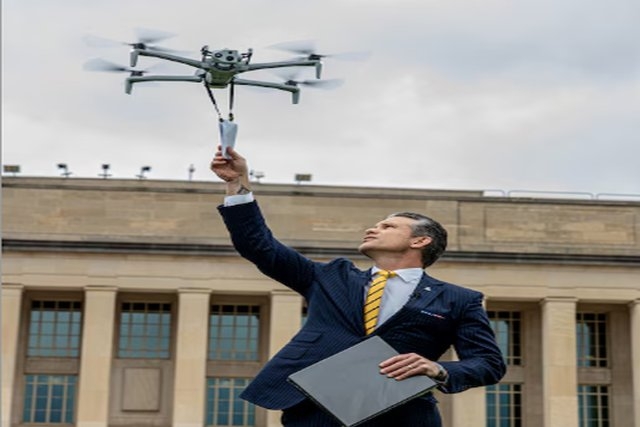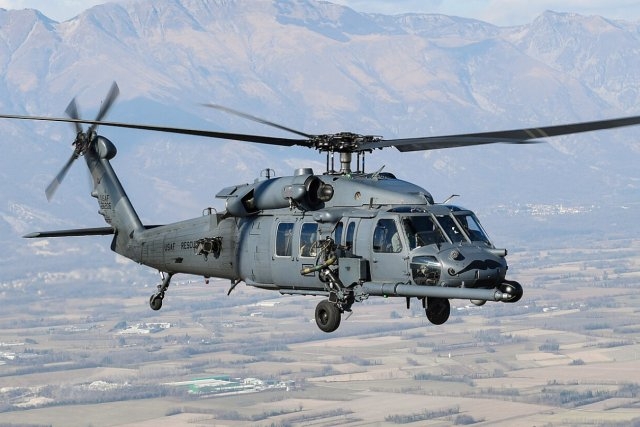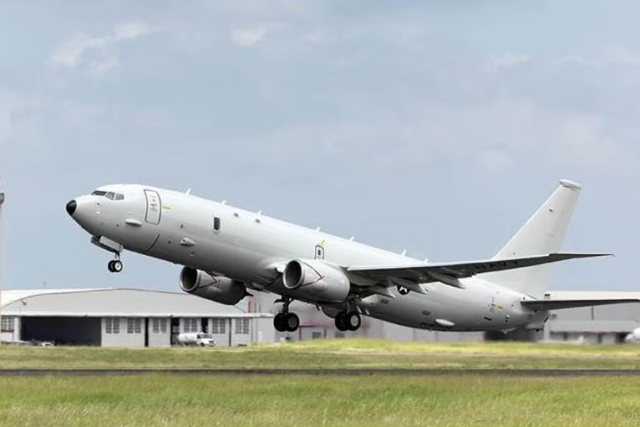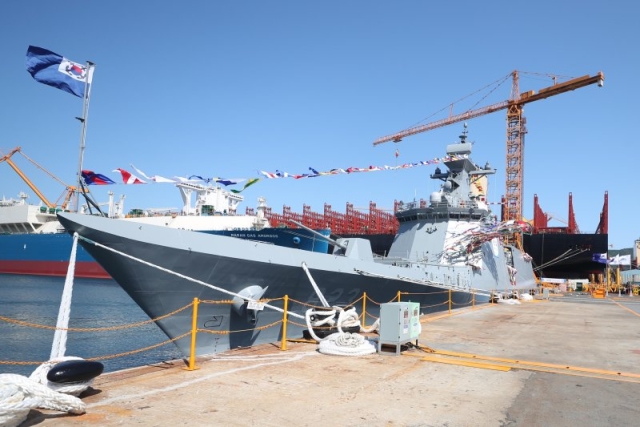Honeywell Fined $13 Million Civil Penalty for U.S. Arms Export Control Violations
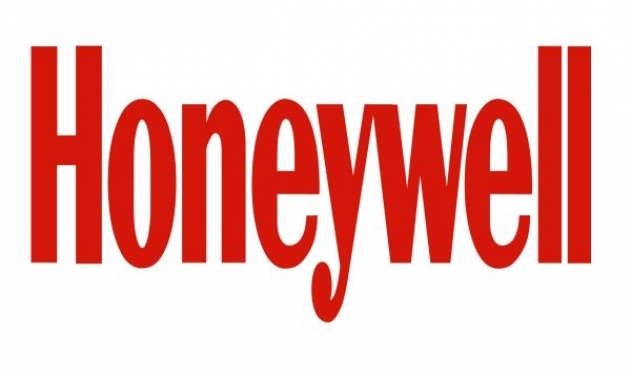
Honeywell International will pay a civil penalty of $13 million to the U.S. Government to resolve alleged violations of the U.S. Arms Export Control Act (AECA), and the International Traffic in Arms Regulations (ITAR).
The U.S. Department of State and Honeywell have reached this resolution following an extensive compliance review by the Office of Defense Trade Controls Compliance in the Department’s Bureau of Political-Military Affairs.
The allegations included unauthorized exports and retransfers of ITAR-controlled technical data that contained engineering prints showing dimensions, geometries, and layouts for manufacturing castings and finished parts for multiple aircraft, gas turbine engines, and military electronics to/and/or within Canada, Ireland, Mexico, the People’s Republic of China, and Taiwan, a State Department release said Tuesday.
Under the terms of the 36-month Consent Agreement, Honeywell will pay a civil penalty of $13 million. The Department has agreed to suspend $5 million of this amount on the condition that the funds will be used for Department-approved Consent Agreement remedial compliance measures to strengthen Honeywell’s compliance program.
In addition, for an initial period of at least 18 months, an external Special Compliance Officer will be engaged by Honeywell to oversee the Consent Agreement, which will also require the company to conduct one external audit of its compliance program during the Agreement term as well as implement additional compliance measures.
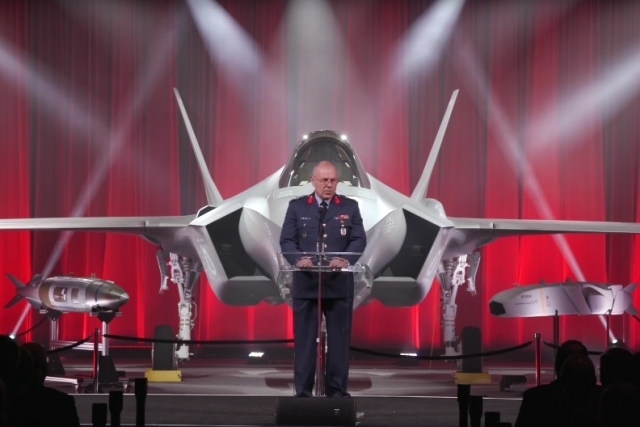
Honeywell voluntarily disclosed to the Department the alleged violations and acknowledged the serious nature of the alleged violations, cooperated with the Department’s review, and instituted a number of compliance program improvements during the course of the Department’s review. For these reasons, the Department has determined that it is not appropriate to administratively debar Honeywell at this time.
According to a UPI report, the charging letter said Honeywell first disclosed to the department in December of 2015 that he had identified multiple drawings of export-controlled parts it had sent to Taiwan and China that July as part of requests for quotations. Following an internal investigation, Honeywell had identified 71-controlled drawings that it had exported to Canada, Ireland, China and Taiwan between July 2011 and October 2015.
"The U.S. government reviewed copies of the 71 drawings and determined that exports to and retransfers in the PRC of drawings for certain parts and components for the engine platforms for the F-35 Joint Strike Fighter, B-1B Lancer Long-Range Strategic Bomber and the F-22 Fighter Aircraft harmed U.S. national security," the document said.
